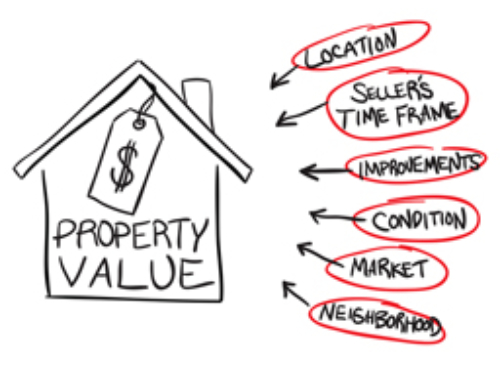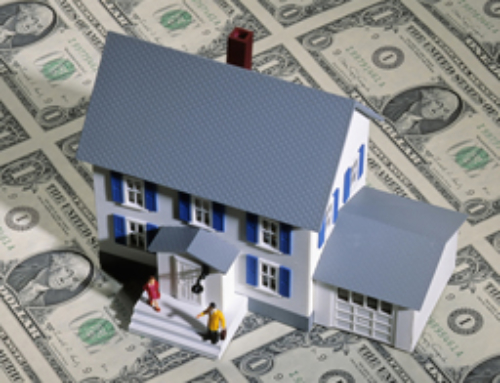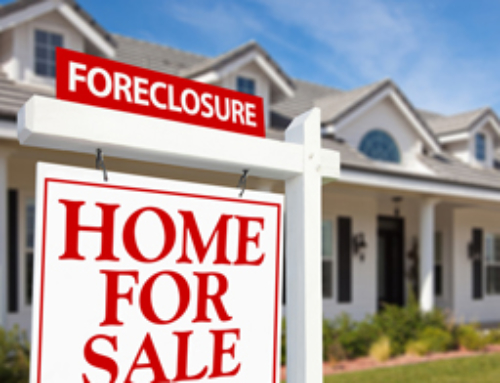In the current market, first-time homebuyers have their work cut out for them.
In the past, when the market was going up, first-time homebuyers’ main concern was finding a home—any home. Their secondary concerns were how to get financing for the home and the condition of the property. They knew that if they could purchase a home, they would make money down the line, regardless of the type of property they purchased.
How the market has changed. Today’s first-time homebuyers need to go back to the basics. First, you need to ask yourself several questions:
- Is my credit good enough to buy a home?
- Do I have enough money saved for a down payment?
- What neighborhood do I want to live in?
- What type of home do I want?
- What is my budget?
- How long do I plan on living in this home?
These questions are just a starting point. You may have dozens more. The most important thing is that as a first-time homebuyer, you understand the current real estate market.
If you are planning to live in a home for only a year or two, you may be better off renting than buying a home. If your budget won’t allow you to buy in the neighborhood you want, you may want to wait a year or two so you can save more money to buy in that neighborhood.
If you are a first-time homebuyer, you should make sure your credit score is over 720. The higher your credit score, the lower the mortgage interest rate you’ll be able to get.
You should also have saved up at least 20 percent of the value of the home. If you can put down at least 20 percent toward the purchase of your first home, you will save money on closing expenses and on monthly loan expenses. If you put down less than 20 percent on a home, you will probably have to pay private mortgage insurance or a similar payment to get your loan. In some cases, you may have a lump-sum payment owed when you buy the home, along with a monthly payment for several years after or for the life of the loan.
If you can minimize those up-front and monthly payments, you will save quite a bit of money over the long term.
If your credit and savings are good enough to buy a home, you next have to focus on buying in a community that will suit your needs now and in the future. It won’t do you much good to buy a home in a neighborhood you hate. You may want to have a wish list and a list of must-haves. If you have an understanding of what you must have versus what you would like, you will be better prepared to make smarter decisions when buying your first home.
Whether you use the Internet or a real estate broker, make sure you find a good neighborhood in which to buy your first home. Most first-time homebuyers will live in their home for five to seven years. You want to make sure that in five to seven years, your neighborhood is still a great neighborhood with great schools and other amenities.
A common first-time homebuyer mistake is forgetting to budget for increased expenses as a homeowner. And remember—the larger the home, the higher the monthly expenses. With a larger home, you’ll have higher heating and cooling bills, higher property taxes, and higher repair and maintenance fees.
As the saying goes, in real estate, it’s “Let the buyer beware.” Make sure you get a good inspector to take a look at the home you are buying, a good attorney to review your documentation, and a good real estate agent to help you navigate the transaction.
Ilyce Glink is a best-selling author, real estate columnist, and web series host. She is the managing editor of the Equifax Finance Blog and CEO of Think Glink Media. Follow her on Twitter: @Glink
Read More:
Congress Doubles Funding for Troubled USDA Housing Loans
Home Repairs: Do It Yourself or Hire Help?
Can I Save My Home From Foreclosure?
What’s Going On with Foreclosures?
Foreclosure Guidelines: OCC Takes Action
Real Estate Investing: How to Handle Nightmare Tenants







